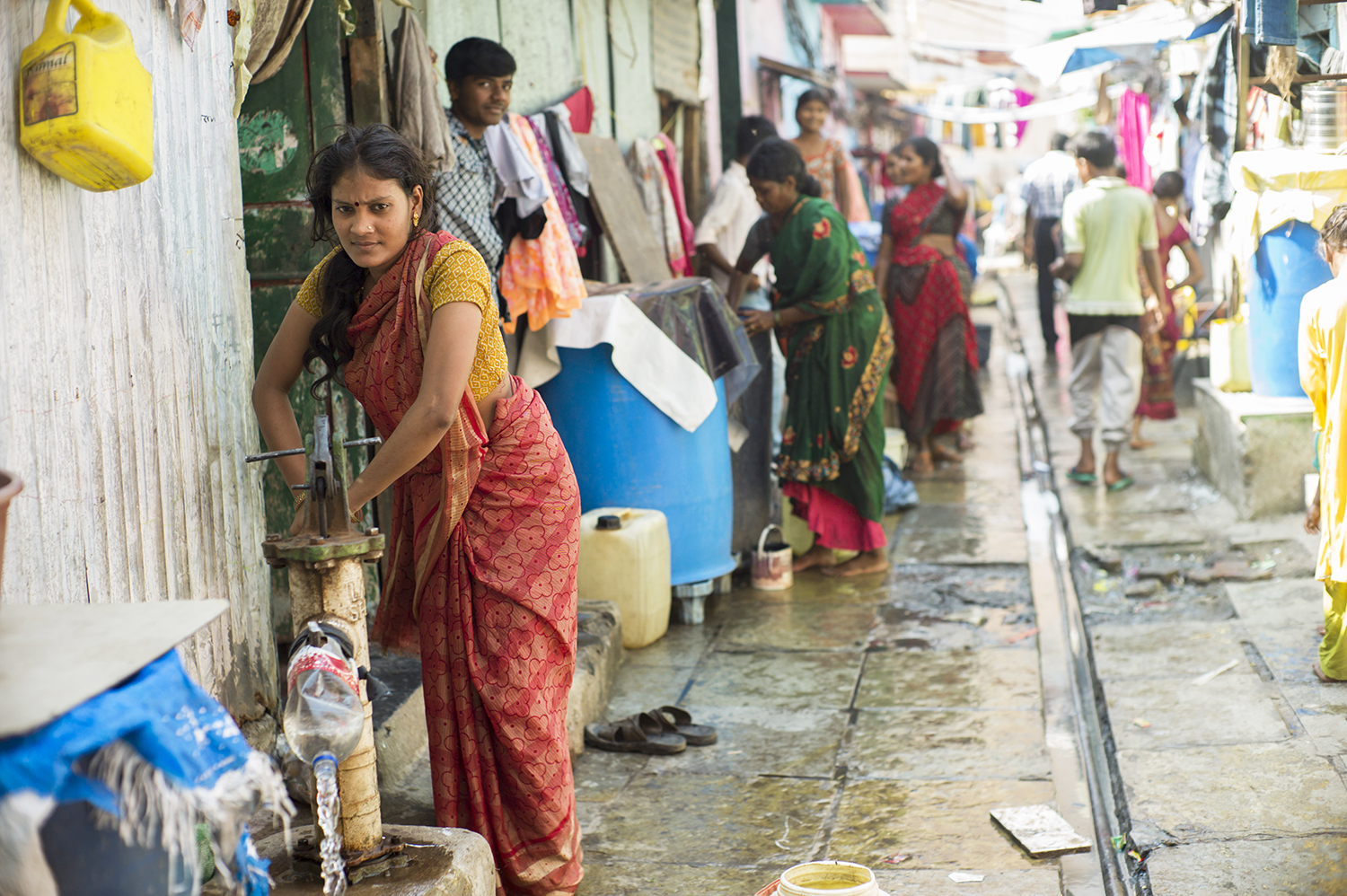In 1947, millions of people fled when India was divided between India and Pakistan, the partition. Now a second Exodus is underway where millions of homeless people and migrant workers in the informal sector are moving through the country in panic and fear. At the same time, 163 million Indians still lack access to clean water and 210 million lack toilets, writes Parul Sharma in this analysis.
Stay inside, wash your hands and seek care if needed. It was Prime Minister Narendra Modi’s message to his residents when he announced that the country would be shut down for 21 days on March 24. He did this, without any reference to society’s most vulnerable, the homeless, excluding the more than 400 million Indians working in an informal economy. This group includes among others domestic workers, day-paid factory employees, drivers, rickshaw drivers, and small scale farmers. These individuals often move between Indian states to work, their daily allowance usually amounts to 138-449 Indian rupees per day (19 – 60 SEK per day) according to the ILO. It is this enormously vulnerable group that is now part of India’s second major Exodus since India was divided into India and Pakistan in 1947. The group now moves through India in buses, trains and on foot, while the Indian police attack and harass them as they are not allowed to stay outside. Experts believe that every third person in this traveling group is already the carrier of the virus (Times of India).
The right to health care, water and sanitation
As usual, Modi’s message to the nation was based on circumstances that millions of Indians cannot relate to. In the speech, he did not mention India’s domestic migrant workers, or the 80 million Indians who actually live in shantytowns (UN reports). In Mumbai’s Dharavi slum, there is only one toilet per 1,440 residents and 78 per cent of Mumbai’s slums lack water supply, according to a survey by the Greater Mumbai Municipal Corporation (2019). The government’s Clean India Mission, launched in 2014 to improve sanitation infrastructure, claims that 100 per cent of Indian households now have access to toilets. WaterAid India notes that the government’s focus has been on building household toilets, but that a significant number of slum-like regions have not been included in the plan. Still, 163 million Indians lack access to clean water and 210 million lack toilets. These groups where not part of the population that Narendra Modi addresses in his speeches to the nation.

There are 20 healthcare professionals in 10,000 Indians and 74 per cent of all Indian doctors are in the big cities, which, could prove to be a devastating fact during the corona pandemic as most of India’s population lives in the countryside. India spends less than 1.5 per cent of its GDP on healthcare, which is one of the lowest levels in the world. In addition to the lack of adequate healthcare infrastructure, a report in the British Medical Journal suggests that half of India’s healthcare professionals including doctors and nurses do not possess the necessary qualifications.
Hindu principles should not govern – human rights should
Forgetting the socio-economic variations in a country of 1.3 billion inhabitants, in itself suggests that the Indian government made a hasty decision. Earlier, the present Indian government has suggested that human rights should be seen as a Western concept and that it is the Hindu religious values that will set the structure of Indian society. Again, millions of Indians are excluded from the government’s plans, as the recent massacre between Hindus and Muslims has shown. Daily, arbitrary arrests are now being made of Muslims who allegedly violates the curfew.
Waging a fight for human rights and secularism during this virus threat is everyday for many human rights defenders in India. The rest of us must support them in raising a voice against the non-democratic winds that are storming the subcontinent right now.
Parul Sharma
Human rights lawyer and sustainability expert
The article is a translation from Swedish


